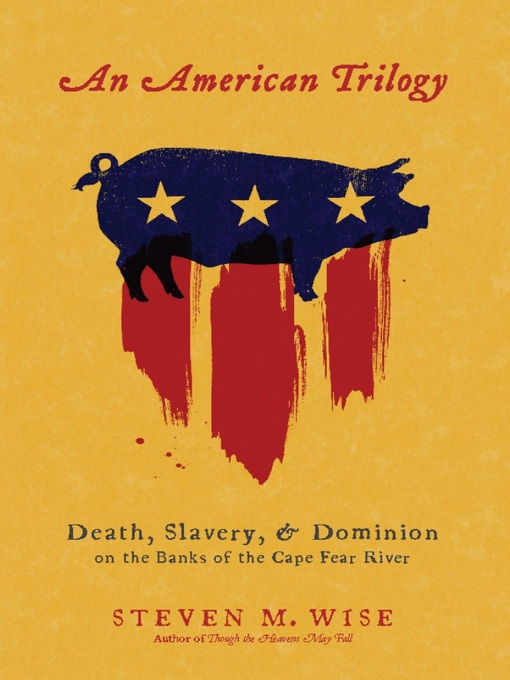In this remarkable account, Wise traces the history of today’s deadly harvest. From the colonies to the slave trade, from the artificial conception and unrecorded death of one single pig to the surreal science of the pork industry—whose workers continue the centuries of oppression—he unveils a portrait of this nation through the lives of its most vulnerable. His explorations ultimately lead to hope from a most unlikely source: the Baptist clergy, a voice in this wilderness proclaiming a new view of creation.
- Available now
- New eBook additions
- New kids additions
- New teen additions
- Most popular
- Try something different
- See all ebooks collections
- Available now
- New audiobook additions
- New kids additions
- New teen additions
- Most popular
- Try something different
- See all audiobooks collections
- Cooking & Food
- Home & Garden
- Fashion
- News & Politics
- Sports
- Celebrity
- Business & Finance
- Science
- Kids & Teens
- See all magazines collections


